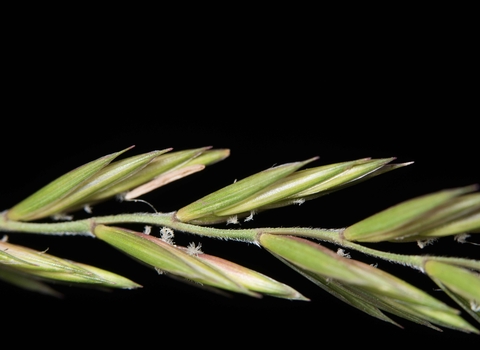
Brian Eversham
Common couch
Common couch is a tall, tuft-forming grass of roadside verges, waste ground and arable land. It is very tough and can shade out more delicate plants. Look for flat, blade-like leaves and thin flower spikes.
Scientific name
Elytrigia repensWhen to see
January to DecemberSpecies information
Category
Statistics
Height: up to 1.5mCommon.
